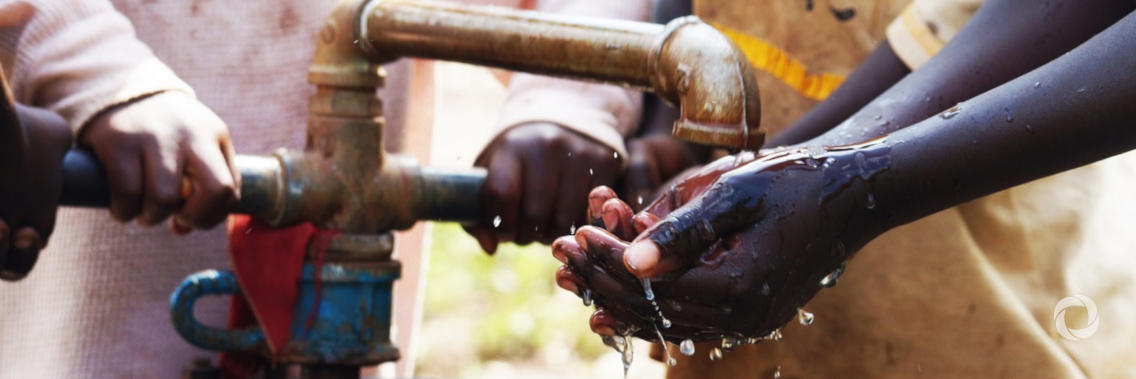Despite progress towards ensuring basic sanitation services for all, access still eludes many. According to recent estimates, over half of the global population – or 4.2 billion people across the world – lack safe sanitation, 701 million use unimproved facilities, and 673 million people practice open defecation.
As part of its pledge to support 60 million people to gain access to at least basic sanitation services by 2021, UNICEF is gathering development partners, private sector, financial institutions, and government representatives on 25-26 June in Nairobi (Kenya) to accelerate market-based solutions for making toilets and sanitation services more affordable and accessible for households in the East and Southern Africa region.
Building on the success of a similar industry sanitation consultation held in November 2018 in West and Central Africa, the consultation serves as a platform for stakeholders to share information and perspectives and identify strategic steps to strengthen national and regional markets for sanitation products and services. Another sanitation industry consultation is planned for later this year in South Asia, covering Bangladesh, Nepal and Pakistan.
“The collective efforts of industry, governments, financiers and development partners are essential to help shape local markets that will make safely-managed sanitation services available at scale to those who need them the most,” says UNICEF’s Supply Division Director, Etleva Kadilli. “These industry consultations are instrumental for exploring innovative ways of transforming local sanitation market structures towards this shared vision.”
Without safe toilets and waste management systems, diseases such as cholera, typhoid, hepatitis, polio and diarrhea can spread easily. UNICEF is committed to achieving equitable access to adequate sanitation and hygiene for all and to end open defecation by 2030.
“With 11 years to go before the target date of the Sustainable Development Agenda, market-based approaches to sanitation must be accelerated,” says Kelly Ann Naylor, UNICEF’s WASH Associate Director. “However, market-based sanitation alone will not suffice. UNICEF encourages a combination of context-specific approaches in its sanitation programming, including demand creation, supply development and financing options.”
Over 200 million people live in Ethiopia, Kenya and Tanzania, 81 percent lacked access to basic sanitation and 93 percent lacked access to safe sanitation services in 2017. The industry consultation is an opportunity for stakeholders to work together to design country-specific market shaping interventions and to address the challenges of unsafely managed sanitation.
Original source: UNICEF
Published on 25 June 2019

